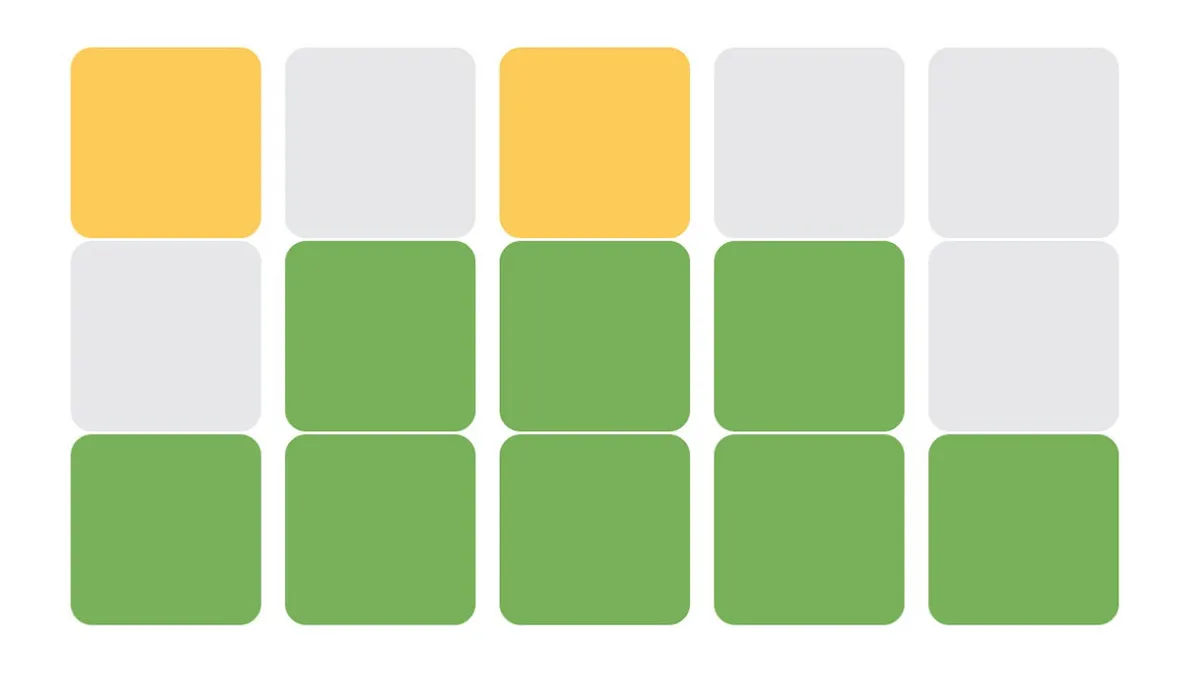Table of Contents
If you’ve ever seen the classic 1962 movie of To Kill a Mockingbird (as I’m sure most of us have), you’ll probably remember Mayella Ewell’s courtroom meltdown. The uneducated, ignorant Mayella, unable to understand lawyer Atticus Finch’s polite vocabulary, assumes that she’s being mocked and erupts in screeching fury.
It’s one thing to see an uneducated yokel throw a fit at them big words, quite another to watch supposedly educated sophisticates do the same.
Back in 1999, Washington city official David Howard was sacked because he used a word that his staff — whom one assumes were at least college-educated — didn’t understand and, like Mayella Ewell, immediately assumed was an insult.
What did Howard say that so triggered the sophisticated ignoramuses of Washington?
“I will have to be niggardly with this fund because it’s not going to be a lot of money.”
Now, granted “niggardly” is not a word one hears every day, especially because it sounds almost like a homonym for the big, bad word no-one is allowed to say any more (unless they’re a leftist abusing a black Supreme Court Justice). But, in context, no reasonably educated person with a decent vocabulary should have mistaken it.
But, of course, “education” and “reasonable” are not words that often go together, these days. A person can be mollycoddled through 20 years of education and still emerge with a vocabulary more limited than even the most modestly educated person in the first half of the last century. In fact, university lecturers are now instructed that correct spelling and grammar are “racist”.
In the latest eructation of unenlightened fury, the presumably more-or-less educated followers of New York Times owned word game, Wordle, have got their fancy knickers in a twist about a common word they claim never to have heard of.
The Tuesday edition of the New York Times five-letter word puzzle has frustrated fans with its solution with many users lose their winning streaks with its choice of word.
Words such as brink, awful, and homer are all words that have caused confusion in the past, but Tuesday’s solution of Droll on Wordle 374 has angered fans, with some saying the word was too uncommon for a Wordle challenge.
Firstly, I will concede that the above is mostly slow-news-day clickbait. But it’s still instructive that “brink”, “awful”, “homer” and “droll” are considered “hard” or “uncommon” words.
Secondly, pause for a minute to re-read that first paragraph, and then ponder how an almost-certainly university-educated journalist could construct a sentence with so little regard for punctuation or clarity. At least they used the correct variant of “it’s/its”, I suppose. Small mercies.
Now consider that the readers of The Irish Times apparently need the meaning of “droll” explained to them.
For those of you unsure what droll means – the dictionary says “something or someone that is droll is amusing or witty, sometimes in an unexpected way.”
The Irish Times
The first time I recall encountering “droll” was in one of those Scholastic Book Club books we used to get in primary school in the 1970s. Presumably, then, ten year olds of the 60s and 70s were expected to know it. But not adults of the 2020s, apparently.
(Oh, and the first time I encountered “niggard” was around the same age, reading Tolkien: “No niggard are you, Éomer,” said Aragorn, “to give thus to Gondor the fairest thing in your realm!”)









